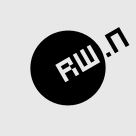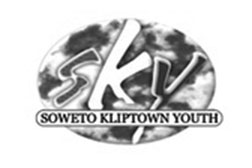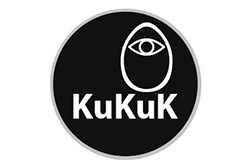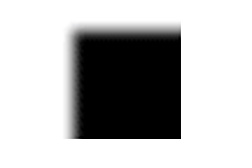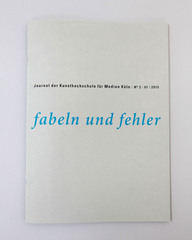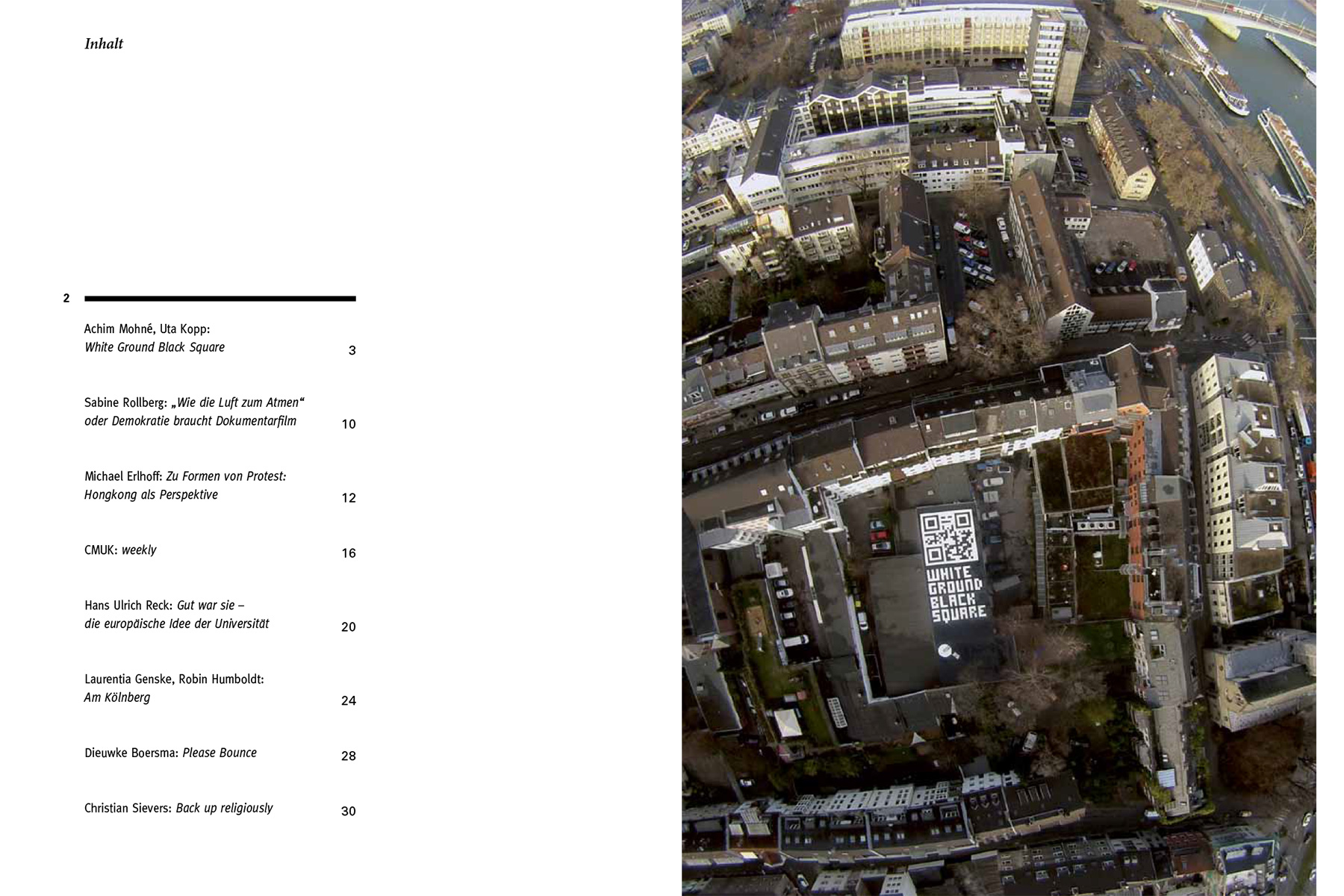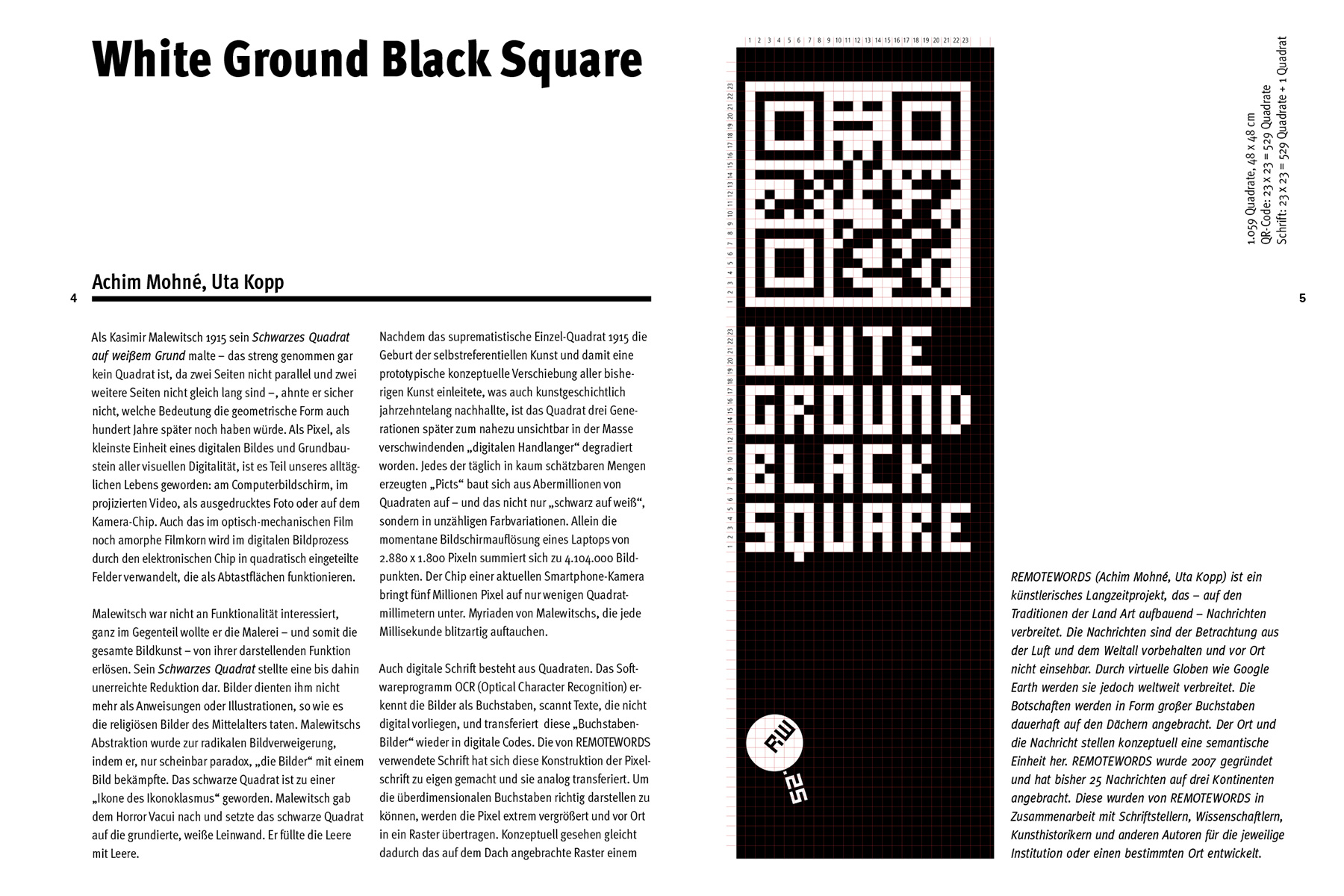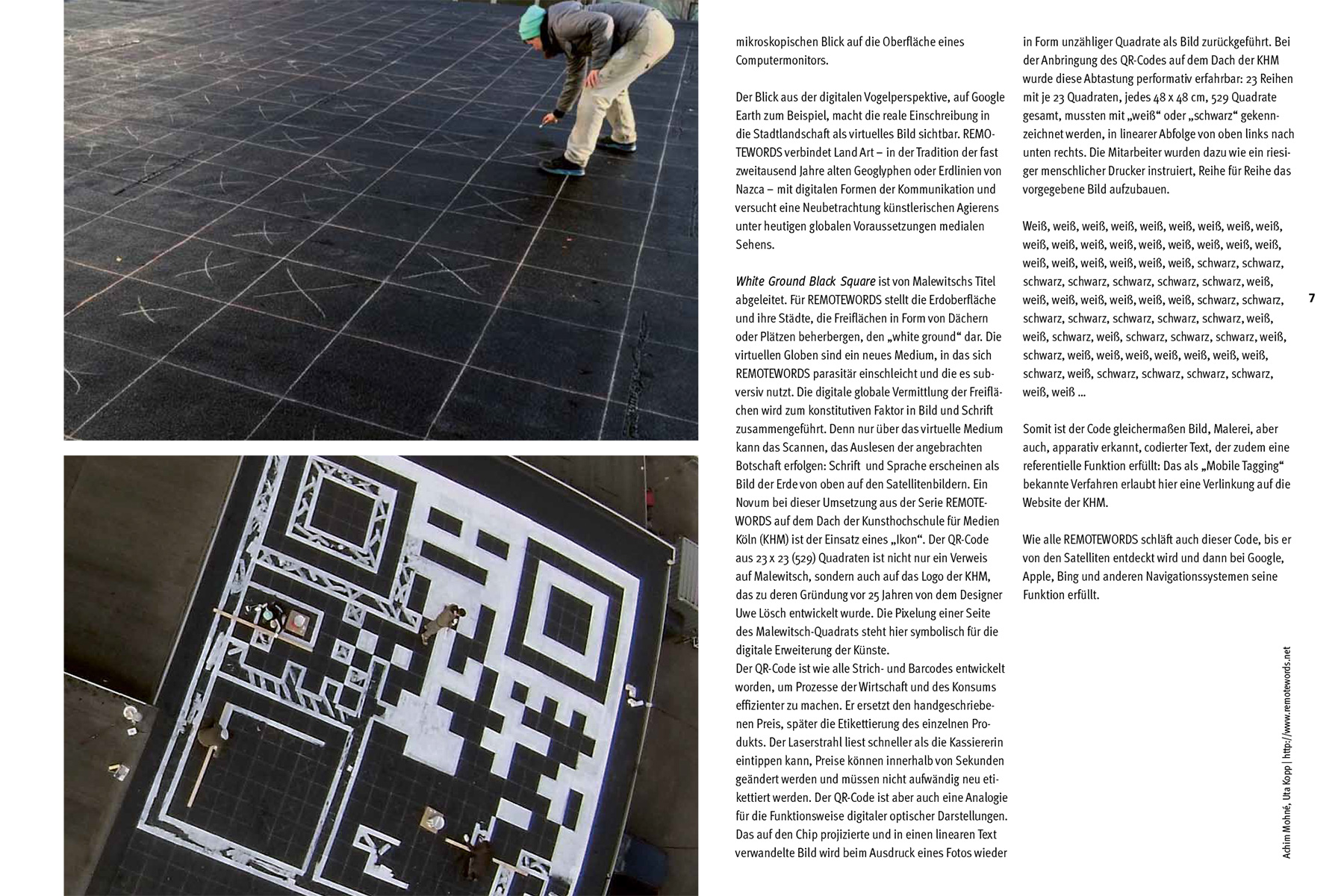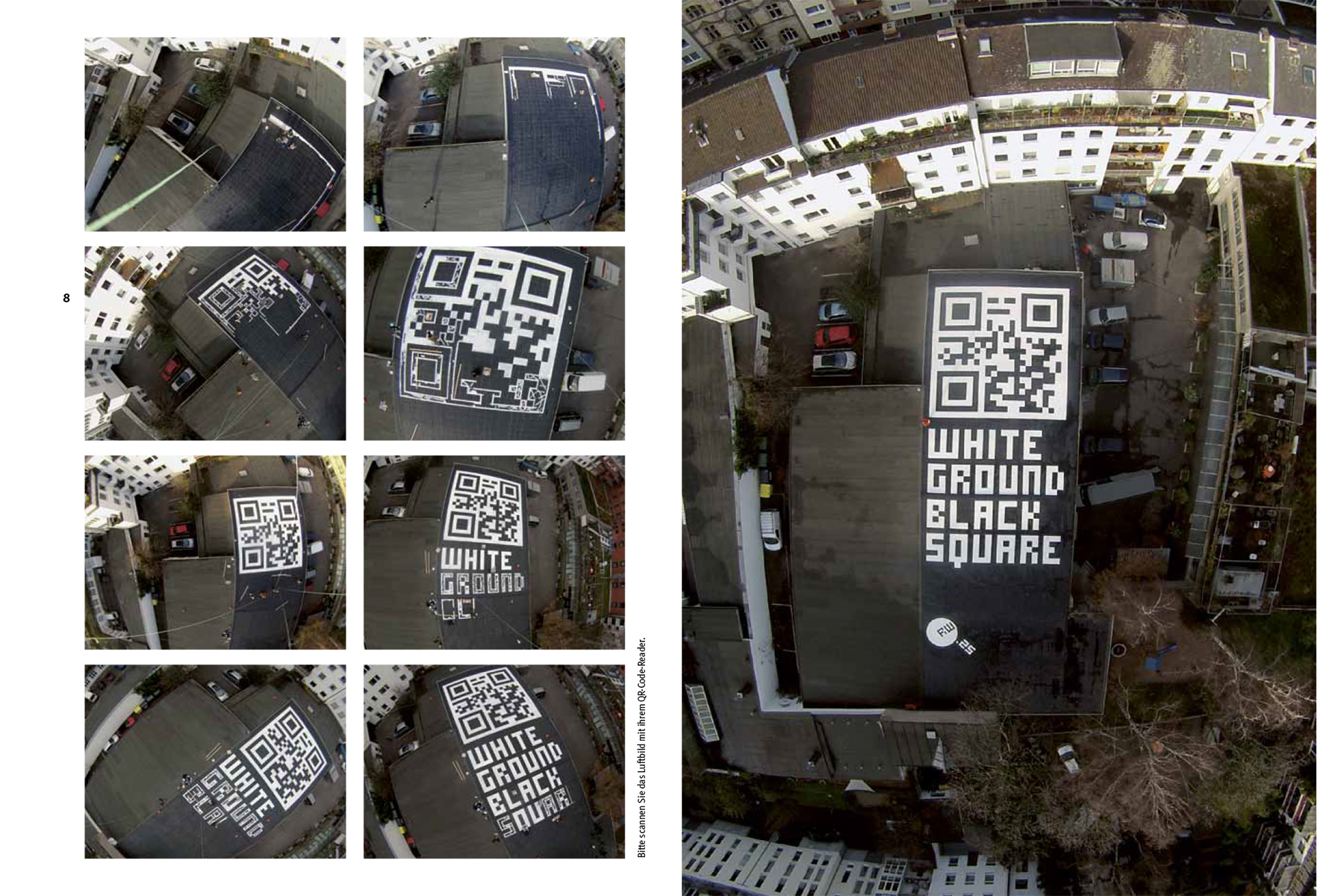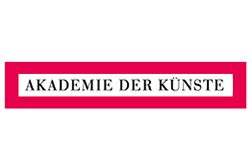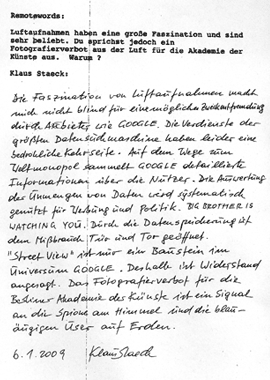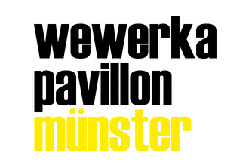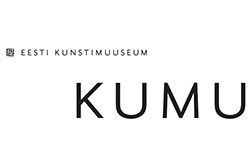REMOTEWORDS: The Edith Russ Site for Media Art message is a short and succint ON. What do these two letters mean to an art institution that is devoted exclusively to the new media.
Sabine Himmelsbach: ON as a signature has been perfectly selected for an institution that is dedicated to the presentation and mediation of new media art and is therefore open for new distribution contexts and formats. New media artists use all kinds of communication channels – radio, television, the Internet are platforms for their artistic interventions and aesthetic practice. In its programming, the Edith Russ Site for Media Art is reflecting THESE practices. Our exhibitions not only take place in the actual exhibition space, but also on the regional television channel “Oldenburg 1” on which we present current video art once a month, on the Internet (for example the exhibition “My Own Private Reality. Growing Up Online in the 90s and 00s”, which included mostly webbased works) or on the radio (featuring sound based exhibitions like “Sound//Bytes. Electronic and Digital Sound Scapes”).
RW: We have consciously installed an On switch but, at the same time, left out the Off switch. This seems to be symptomatic for the paradigmatic shifts that society experiences via digitalization. What does it mean to be online forever? How do you get feedback using the media to create art?
SH: This shift is indeed paradigmatic. A constantly increasing number of people is communicating through digital networks worldwide. “You” was the person of the year in 2006 in the TIME Magazine, acknowledging the efforts that users all over the world put into their online activities – be it their creation of videos on YouTube or profils on Facebook or MySpace, the upload of fotos on Flickr, writing blogs about their daily lives or political opinions, or other activities like contributing to the online encyclopedia Wikipedia, to name only a few. The worldwide digital networks and communities have generated a lot of social potential and a creative use of new media technologies. Of course they also contributed to the ever growing mass of information that needs to be filtered daily and the need to get away from beeing constantly ON.
The feedback in the media arts resulted in a lot of artistic practice that is taking place on the World Wide Web itself, using its structures and possibilities to reach a global audience. A lot of artworks are actively engaging other users and are based on their input, creating thus new groups and communities. Examples have also been shown in the exhibition “My Own Private Reality”.
RW: On much equipment, the off switch is in any case obsolete. If the user is not yet online everyday for 24 hours, the machines are. Server and standby appliances such as modems, fax machines, wireless-Lan stations, digital receivers and much more run 24/7/365. Alone in Germany, their estimated power consumption corresponds to the production of 2 nuclear power stations. Are there actually no ecological tendencies in media art?
SH: Of course power is used by technological equipment, no doubt. Ecological strategies in media art take a different approach. They work with the potentials offered by the use of the media to comprehend ecological questions. They draw on the methods and results of scientific research and utilize global communications technologies to actively integrate the viewers into the projects. These projects revolve around the charting of data and their audio visualization. For the most part, they circumvent common scientific technological recording methods and open up new worlds of perception. Last year the Edith Russ Site for Media Art has staged an exhibition that delt with ecological questions. “Ecomedia. Ecological Strategies in Today’s Art” was looking at the idea of ecology as a communicative system. The exhibition presented projects founded on progressive ecological models as well as visions of the future. It examined the role of art and new media over and above science, technology, and ecoactivism.
RW: So – should’nt we set a good example and switch off the recorder now?
SH: OK, switch it off!
